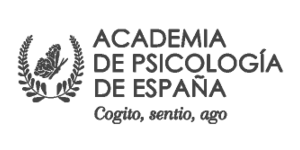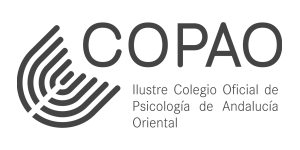Speaker

LIDIA INFANTE CAÑETE
UNIVERSITY OF MALAGA. SPAIN
Lidia Infante Cañete is a professor in the Department of Developmental and Educational Psychology at the Faculty of Psychology and Speech Therapy at the University of Malaga. She holds a Ph.D. from the University of Malaga and a Master’s degree in Early Intervention. Currently, she combines her official teaching duties in the department with the direction of the specialized program in Expert and Master in Child Clinical Neuropsychology at UMA. Her research line is framed within the research group HUM 378, which aims to study stress and violence in childhood and adolescence. She has numerous national and international publications and has worked on research projects at the national level in the areas of child psychopathology, social competence, and family tensions. She is currently a member of the Integral Research Group in Typical and Atypical Neurodevelopment (GINTA) at the University of Alicante and the research group Learning Difficulties and Developmental Disorders (SEJ-521).
She has participated in more than 50 international congresses related to educational psychology, neuropsychology, and clinical psychology. Her research interests focus on neurodevelopment and learning difficulties.
Neuropsychological intervention program for the inhibition of primitive reflexes and the improvement of learning

Primitive reflexes are automatic motor responses that are activated involuntarily and are present in the baby even before birth. These reactions are controlled by the brainstem and, with development, are progressively regulated by the cerebral cortex. Their main function is to ensure survival during the first months of life and to serve as a foundation for the later development of more complex motor skills.
Initially, these reflexes occur without the baby being able to control them, but over time, as the baby develops perceptual and motor control abilities, they learn to manage and voluntarily inhibit them. Recent research has identified that, in some cases, these reflexes may remain active beyond the expected time. Although this does not always indicate the presence of pathology, it can influence certain developmental difficulties.
This symposium presents data on the prevalence of primitive reflexes in school-age children and how their persistence may be related to challenges in motor and perceptual development. It also presents an intervention program based on neuro-stories, designed to stimulate movements that facilitate the integration of these reflexes into development. Additionally, the relationship between motor, perceptual, and linguistic processes in optimizing reading learning is analyzed.
Finally, the presentation “Psychoeducational Experience at CEIP El Salvador” presents the application of the reflex inhibition and reading optimization program at their educational center, highlighting its effects on learning. In conclusion, these studies aim to reflect that movement is fundamental in brain structuring, which implies that through movement it is possible to reorganize the nervous system and optimize development, facilitating cognitive and academic processes more efficiently.












